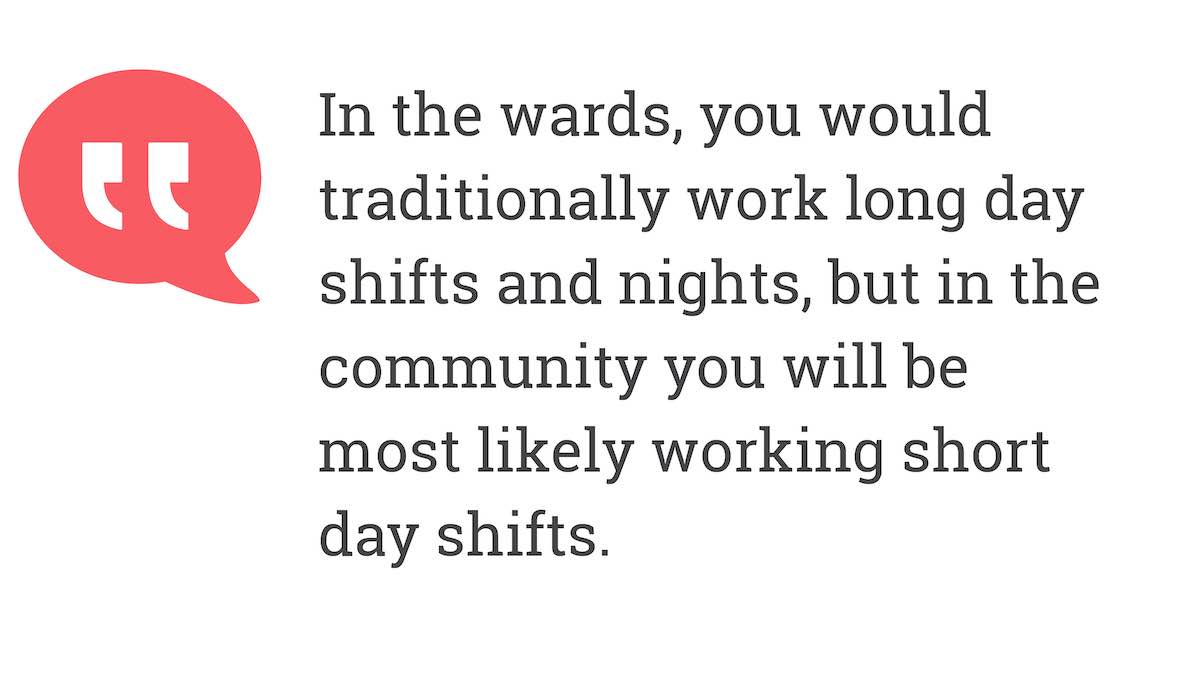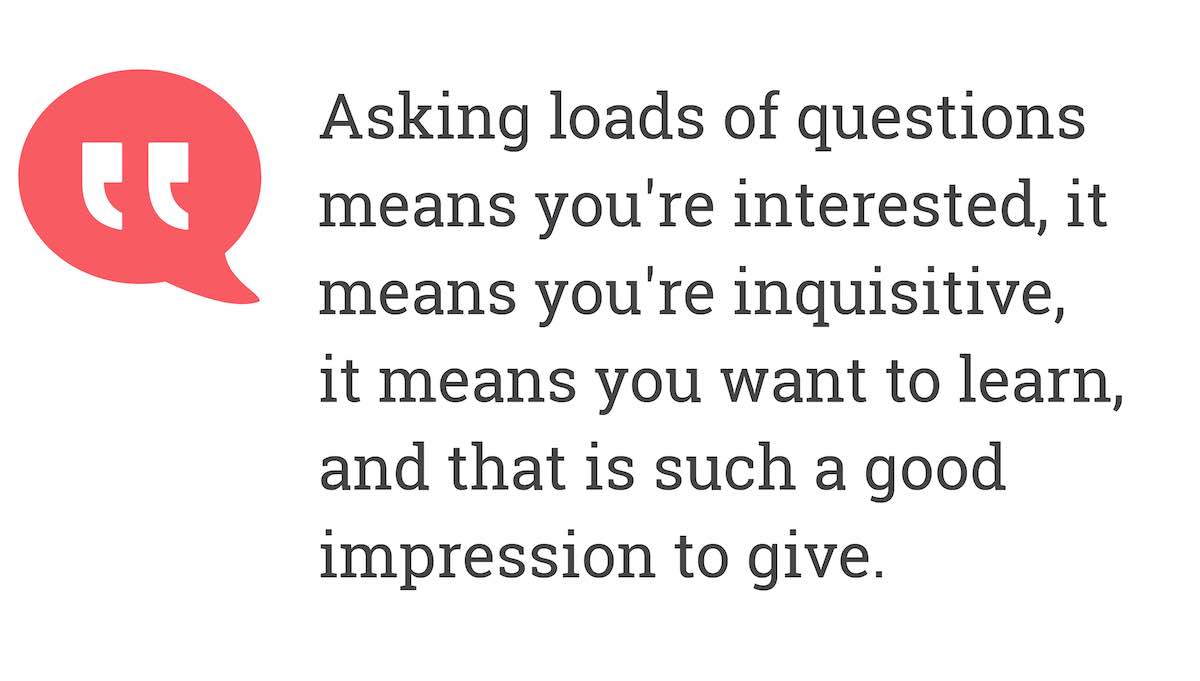If you’re not sure what to expect about your upcoming placement, Adult Nurse and trained mentor, Zara, gives a run-through of her top tips to get you ready for your next Nursing placement.
Topics covered in this article
Tip 1. (0.51) Make Contact And Familiarise Yourself With Your Placement
Tip 2. (4.28) Don’t Mix Your Personal Life With Your Professional Life
Tip 3. (5.20) Be Organised And Punctual
Tip 4. (7.15) Ask Lots Of Questions
Tip 5. (7.56) Never Miss A Learning Opportunity
Tip 6. (8.56) Keep On Track With Your Clinical Hours
Tip 7. (9.43) Look After Your Health
0.00 Introduction
Hello everyone, and welcome back to my YouTube channel.
It is Nurse Zara here, and today's video is going to be all about my top tips for you guys going on your clinical placement.
Today I'll be sharing with you my top tips as someone who was a former Student Nurse, and also someone who is now a trained mentor and actually supervising Student Nurses going into practice.









About this contributor
Adult Nurse
My name is Zara and I am a NHS Registered Nurse. I am a Surgical Nurse by background and was recently redeployed to an Intensive Care Unit to care for Covid-19 patients. I am now a trained mentor and actually supervising Student Nurses going into practice.
More by this contributorWant to get involved in the discussion?
Log In Subscribe to comment